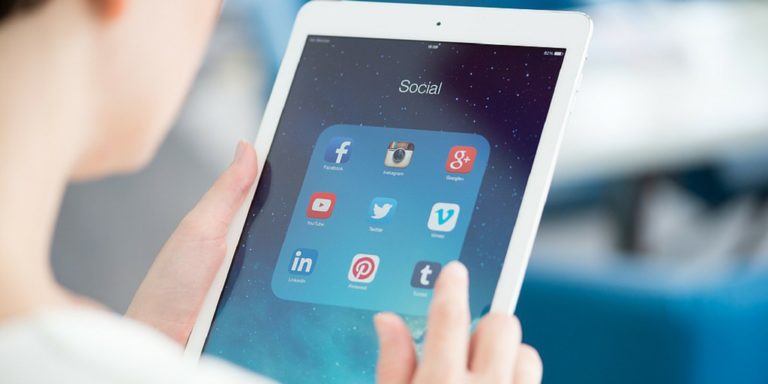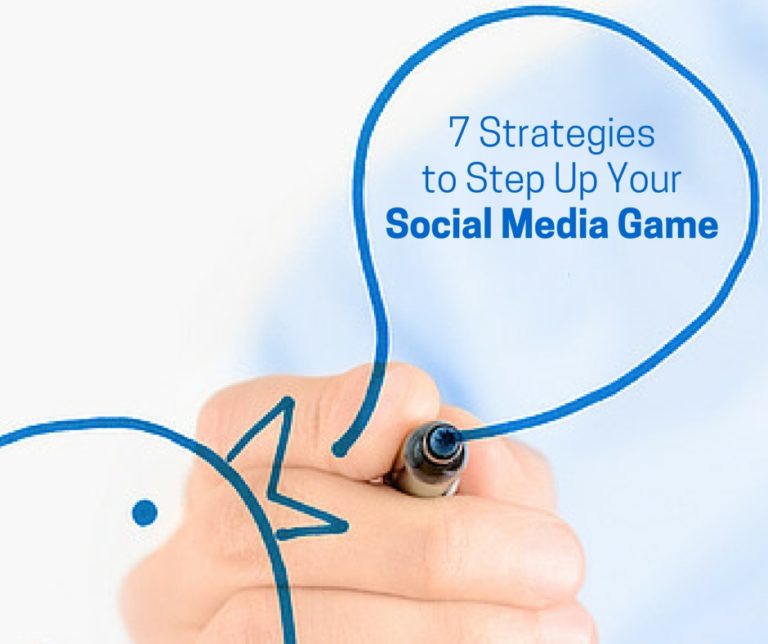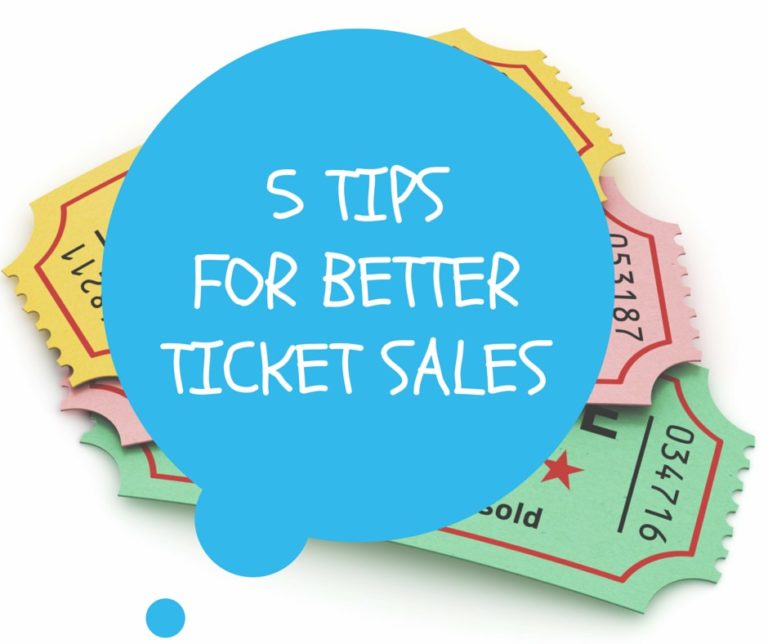When planning an event, you understandably want everything to be perfect. You put countless hours into making sure every little detail is just right. However, no amount of effort will mean much if no one knows your event is happening in the first place.
Marketing is an integral component of hosting a successful event. It’s what spreads the word, grabs the attention of your target audience, and entices interested individuals to purchase tickets.
Today, there are many ways to spread awareness of your upcoming events, generate interest, and drive ticket sales. The question is, which ones will produce the best results?
Event Marketing Ideas That Boost Your Promotional Content
Here, we’ll share some of the most creative event marketing ideas to help you get your event in front of your target audience, get them excited, and ensure your event is well attended.
1. Start an Email Marketing Campaign
While it’s one of the older digital marketing strategies in most marketers’ playbooks, sending emails remains one of the most effective ways to reach potential event attendees. However, if all you’re doing is sending out general email blasts (and nothing more), you may be missing out.
To get the most out of your email campaign efforts, segment your email lists into separate categories, such as past event attendees and first-time attendees. That will help you create more personalized campaigns that speak to the members of each segment. For instance, you can provide exclusive offers to repeat attendees to thank them for their continued support or entice newcomers with discounts if they purchase tickets early.
When crafting your email marketing campaigns, don’t forget to include a few essential elements:
- An attention-grabbing headline
- Clear and compelling copy
- A solid call-to-action (CTA)
You’ll also want to consider a few other factors, such as:
- How many follow-up emails you’ll send (and how often you’ll send them) to those who didn’t open or click through the initial email
- Sparking FOMO (fear of missing out) with a “last chance to register” email to those who don’t purchase tickets by a specific date
- Sending a “thank you” email to those who complete your event registration form
- How often you’ll send follow-up emails to confirmed event attendees, and what event details you’ll share with them to keep them excited
- Including links to your event’s social media pages so registered attendees can stay up-to-date, participate in conversations, and help spread the word
Note: Email is also a great way to follow up after your event ends. You can send a quick message to thank your attendees for coming and send a post-event survey to gather data that can help you improve future events. Events.com can integrate with Mailchimp, making it easy to send emails to your attendees before and after your event.
2. Promote Through Unique Marketing Channels
Never underestimate the power of lesser-known marketing channels, like YouTube, for example. It’s one of the world’s most popular social media platforms (although many people don’t see it as social media), second only to Facebook. It’s also the only platform with more active users than Facebook, with 2.6 billion users worldwide. YouTube’s popularity makes it the perfect place to establish an online presence and promote future events with video content, such as sneak peeks, interviews, what to expect, and more.
Another option to consider that doesn’t involve filming and editing videos is podcasting. A podcast with a theme related to the events you host allows you to reach a niche targeted audience you might not have reached with other marketing tactics. Getting started requires little more than a high-quality microphone and recording equipment, and it doesn’t involve a significant financial investment.
3. Write an Engaging, SEO-Friendly Blog Post
Blogging as an event marketing strategy provides many significant benefits:
- Increasing event awareness. A well-written and optimized blog post increases the chances that your post (and your event) will rank higher in the search engine results pages.
- Adding a human touch. Blog posts typically read more like a conversation than a formal advertisement. They’re excellent for showcasing your brand’s voice and reassuring potential attendees that actual people are working behind the scenes to bring your event to life.
- Generating buzz. Writing about your upcoming event shows attendees what they have to look forward to and keeps them excited as your event day arrives.
- Encouraging sharing. After publishing a blog post, you can promote it on your event’s social media page. Your followers can then share your post with their networks, which helps to grow your reach.
Not sure what to write? Here are a few creative event marketing ideas to consider:
- Event preparation updates
- Interviews with notable speakers, sponsors, vendors, etc.
- The history of your event
- Tips for attending the event
If you’re hosting a multi-day event, consider posts such as top restaurants in the area, best hotels to book, or places of interest that out-of-town attendees shouldn’t miss.
4. Develop an Event Hashtag for Social Media Posts
Social media platforms offer one of the easiest and most effective ways to spread the word about upcoming events. There’s more to it than creating an event page on the social media channels your target audience members frequent, though.
When it comes to promotional event ideas for social media, your options are practically limitless. Regular posts sharing updates, snippets from your latest blog posts, and asking questions are all excellent ways to stay at the top of your potential attendees’ minds and continue building excitement as event day arrives. You can also go live on some platforms to give behind-the-scenes sneak peeks into the upcoming event experience and engage with your audience in real time.
As part of your social media marketing strategy, create a unique event hashtag. Encourage your followers to use it every time they share your latest updates or create their own posts about your event.
You gain a few benefits when you create a unique event hashtag:
- Keep track of your mentions
- See what people are saying about your event and stay in the conversation
- Gain valuable insights to make your event better
- Increase event awareness
- Curate user-generated content
5. Create an Interesting, Sleek Infographic
Sleek, visually-appealing infographics allow you to share event information with viewers quickly and easily. They’re ideal for people who might not have the time (or patience) to read a long blog post or email update, providing only the essential details in a fun and engaging manner.
Infographics are also highly sharable. You can insert them into an email or post them to your event’s social media pages, where your followers can reshare them on their own pages.
You can create a wide range of infographics to help spread awareness of and generate interest in your upcoming event. For instance, a timeline infographic is a great way to showcase the history of your event. You might also use a list infographic to highlight the most important details of a recent event blog post.
6. Team Up With Event Partners and Sponsors
Don’t try to shoulder the burden of marketing all on your own. Others involved in your event can help. For instance, you may have secured sponsors. They likely already have their own established audiences who might not be familiar with your brand, just as your audience might not be familiar with them.
Why not team up? If you haven’t already, commit to shouting out your partners, sponsors, and other players integral to your event. Consider asking them to shout out your event and encourage their audiences to attend. Working together allows everyone involved to gain exposure to new audiences and potentially increase their followings.
7. Engage With Potential Attendees Through a Giveaway
Who doesn’t love free stuff? With a giveaway, you can engage your audience and encourage them to spread the word about your event in exchange for a prize, such as free event tickets, a VIP upgrade, or exclusive event merchandise.
One of the simplest giveaways is an enter-to-win. Participants only have to fill out a basic form (name and email address at the very least) to enter the content. Or you can get a little more creative with a trivia quiz or by asking participants to share a story.
Social media is an excellent platform for running giveaways. There are plenty of cool promotional event ideas for contests, such as:
- Like your official giveaway post, tag friends, and share what part of your event participants are most excited about
- Caption a photo from last year’s event
- Submit a photo or video related to the theme of your upcoming event
- Trivia contest
If you decide to host a giveaway on social media, be sure to read your chosen platform’s rules first. Every social media site’s regulations are a bit different. For instance, Facebook discourages like/share/tag contests. A little research ahead of time will help ensure you’re compliant with the rules of the platform(s) you want to use for your giveaway.
Execute Your Event Promotion Strategies With an Event Management Platform
Whether you’re hosting in-person or virtual events (or a combination of the two), a solid event marketing plan is a must. You put the time and effort into creating something you know will result in memorable experiences for your attendees. Now it’s time to spread the word and generate excitement.
From a well-organized email campaign and crafting attention-grabbing social media content to exploring lesser-known marketing channels and partnering with your event sponsors, there’s no end to the creative event marketing ideas you can employ. The right event marketing software can help every step of the way.
That’s where Events.com comes in. With features such as landing page creation, multi-channel marketing, and conversion tracking, we have everything you need to streamline your event promotion. Visit us online to learn more and get started planning your next event today!




